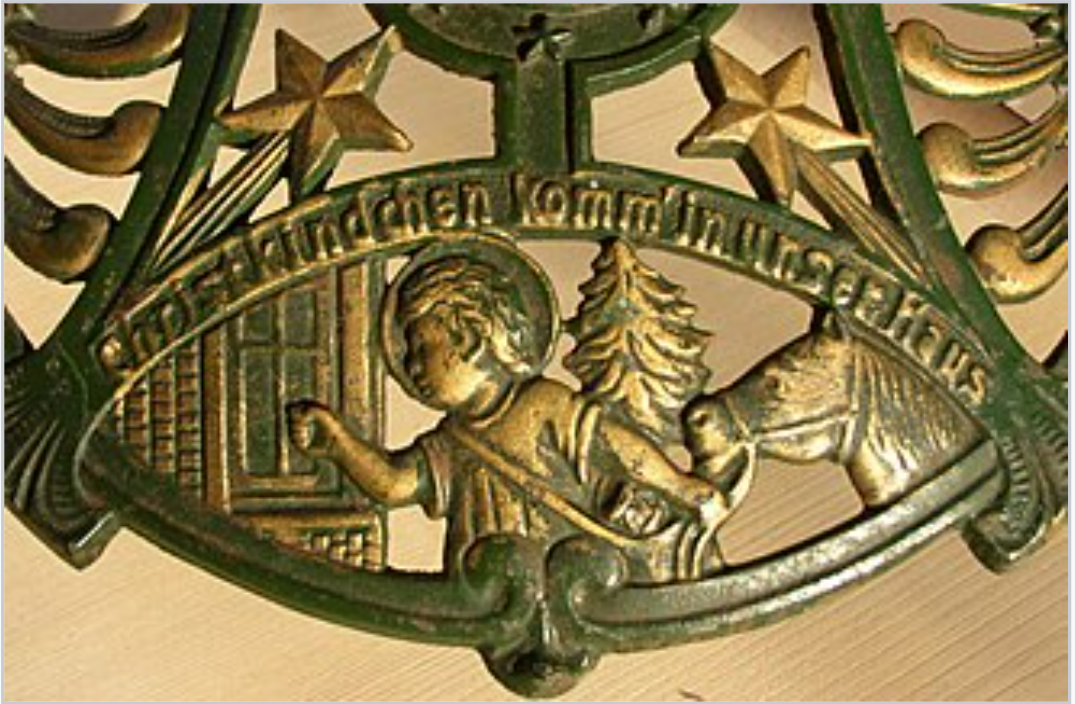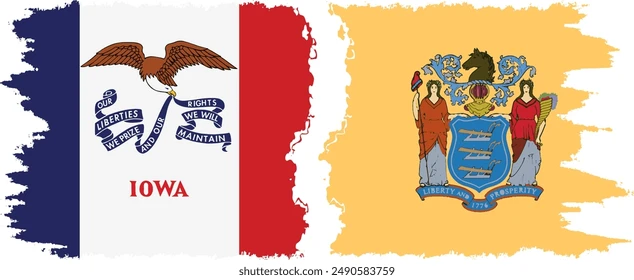The month of February has been established as Black History Month. The month February was chosen to correlate with the birthdays of Frederick Douglass, Abraham Lincoln, and Langston Hughes, all influential in the movement for civil rights of blacks and overall appreciation of black culture. Black History Month celebrates the contributions of black people in culture, in black civil rights organizations, such as the NAACP, and in fields of medicine, politics, law, science, sports, art, and literature.

Before Black History Month there was Negro History Week created by Dr. Carter G. Woodson, an African American historian, scholar, educator, Harvard graduate, publisher, who was born to former slaves and felt that African American history had been ignored in the school curriculum. Carter, with the aid of the Association for Negro Life and History, established Negro History Week in 1926, which would take place in the second week of February. Over time, Negro History Week has developed into Black History Month. The holiday is celebrated in the United States as well as other countries of African Diaspora, including the United Kingdom and Canada, by acknowledging black accomplishments, eating cultural foods, reading literature and poems, listening to jazz and blues, and overall appreciating black culture.
Recently, the topic of black lives has sparked controversy, specifically in social media over the hashtag #BlackLivesMatter. This movement was meant to inspire blacks and whites to speak out on the issue of recent police brutality incidents and injustices, such as the infamous killing of teenager Michael Brown in 2014. Hopefully, this movement will continue to evoke necessary and healthy conversations regarding race relations and injustices in this country and begin to heal.


























